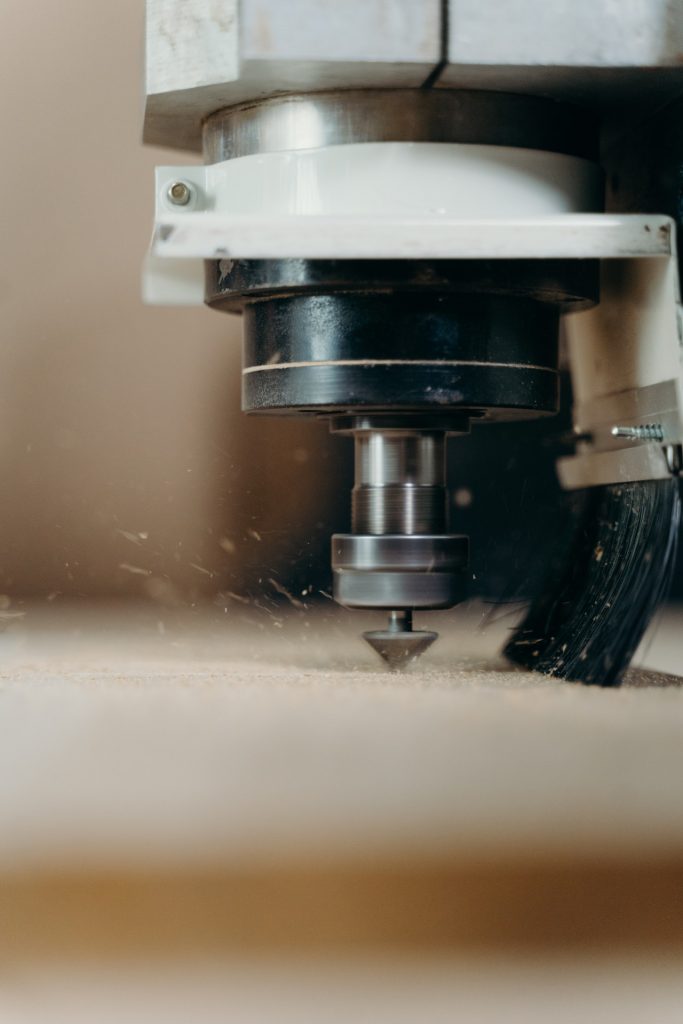It’s no secret that factory automation is on the rise. More and more tasks are being automated to speed up production and boost efficiency. One of the most important tools for boosting automation is machine tools. Machine tools play a critical role in automating production, from shaping raw materials to assembling finished products. In this blog post, you?ll learn how the implementation of machine tools boosts automation.
Make Parts Quickly and Efficiently
One of the key benefits of machine tools is that they can help you quickly and efficiently make parts. With the help of a CNC machine, you can quickly create complex parts that would be difficult or impossible to create by hand.
This can speed up production and help you get products to market faster. Also, because machine tools help you quickly make parts, it’s possible to manufacture in batches. For example, if your business manufactures car parts, you can produce several parts at once and then assemble them later.
Help Streamline the Manufacturing Process
Hand-operated machines have been used to create products like furniture and pottery for thousands of years. Over time, the machines have been manufactured with fewer parts and require less skill to operate. In other words, they’ve been automated to a certain extent.

With machine tools from reputable machine tool distributors, you can take that automation one step further by configuring tools like chuckers, manipulators, and transfer lines to automate virtually every aspect of the manufacturing process.
Boost Productivity
The idea of factory automation is to speed up production. The faster you can produce goods; the more profitable your business will be in the long run. Machine tools are an essential part of that process because they help automate every step in manufacturing. You can eliminate human error and increase productivity by making parts quickly and efficiently with machine tools.
Machine Tools Help Reduce Costs
Factory automation is often associated with increased costs. However, machine tools can help you reduce costs. For example, if you’re using a CNC machine to create parts, you’re not paying someone to hand-craft each part. That’s because the CNC machine can do it faster and more efficiently. In addition, machine tools can reduce the number of workers in your factory. This can help cut down hiring and training costs, a standard business expense.
Improve Quality
In manufacturing, it’s essential to improve quality in automation. This can help boost customer satisfaction and speed up the buying process. Machine tools can help you with this by improving your inspection process and helping you create better products. Inspections are quick and easy when using a machine tool because each part is inspected as it’s created. And if there’s a problem with a part, you can quickly go back and fix it. This can help improve quality by catching problems early on in the manufacturing process.
Ensure Consistency
One of the biggest challenges in manufacturing automation is ensuring consistency. There’s no way to guarantee that every product is identical or made to exact specifications without human error. But machine tools can help solve this problem. You can ensure that every product is made to exact specifications and meets your quality standards with the right machine tools. This is especially important for manufacturers who rely on compliance with specific industry standards, such as ISO certification.
Save Space
To boost automation, you often need to increase the size of your factory. However, you can save space with machine tools by adding equipment like manipulators or transfer lines, which are more compact than traditional manufacturing equipment. Many manufacturers also save space by using gantry-based machines instead of component-based machines.
Shape Raw Materials and Assemble Finished Products
Machine tools can be used in a variety of other applications. For example, you can use CNC machines to shape raw materials and assemble finished products. In other words, they can help speed up production from start to finish by handling virtually any task along the way. They’re also capable of performing a variety of different tasks. For example, you can use a machine tool to drill, mill, turn, or handle different materials, including metals, plastics, and wood.
The Bottom Line
In conclusion, machine tools are an essential part of factory automation. They help you quickly and efficiently make parts, streamline the manufacturing process, and boost productivity. If you’re looking to increase your business automation, it’s worth considering investing in machine tools.

As the editor of the blog, She curate insightful content that sparks curiosity and fosters learning. With a passion for storytelling and a keen eye for detail, she strive to bring diverse perspectives and engaging narratives to readers, ensuring every piece informs, inspires, and enriches.









